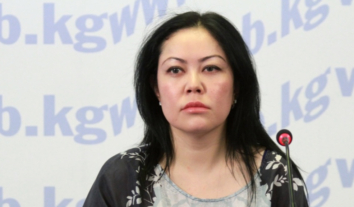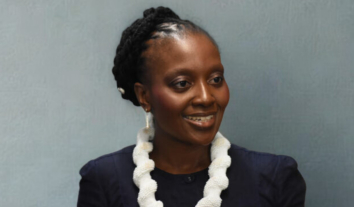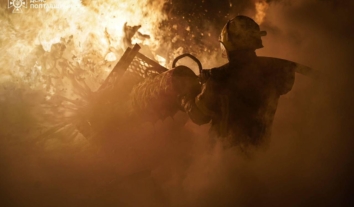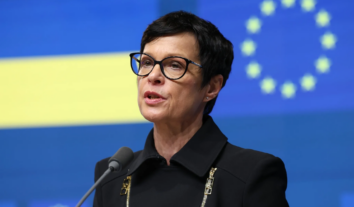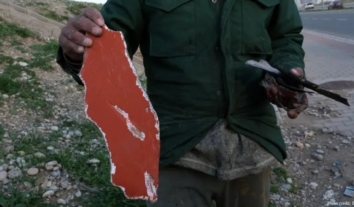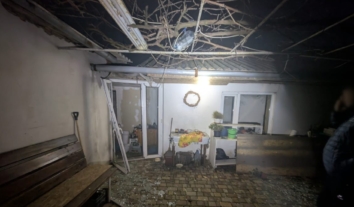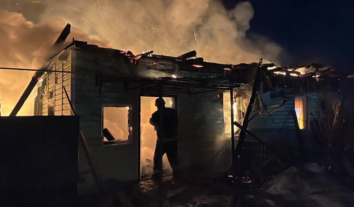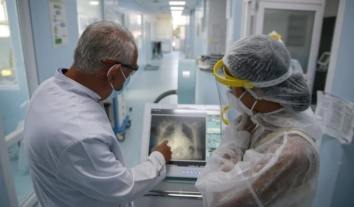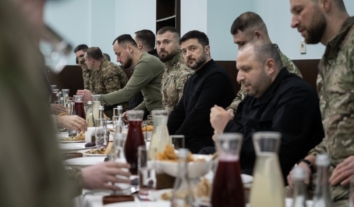More than 60 Crimean political prisoners are already in need of urgent medical care: How to solve this problem
Last year, after two Crimean political prisoners died in Russian prisons due to lack of medical care, the Human Rights Centre ZMINA conducted research on this issue. Together with partners from other NGOs, we compiled a list of Crimean political prisoners who were in critical need of medical care but were not receiving it. However, the number of such political prisoners has increased significantly, and today there are 67 people on this list.
This applies to citizens of Ukraine who are illegally imprisoned on fabricated criminal cases on the territory of the Crimean Peninsula, and those who were illegally transferred to the territory of Russia to serve their sentences.
The main problem that political prisoners face behind bars is that they are systematically denied medical care; in particular, prisoners with disabilities, the elderly, and those who have chronic diseases or have been tortured and have acquired serious illnesses as a result of inhuman conditions of detention. The probability of contracting disease in a prison environment is already high, the course of diseases is more severe, and the risk of acquiring additional concomitant diseases is much higher still.
Due to the terrible conditions of detention – cold and humidity, unsanitary conditions, fungus in the cells, poor nutrition, and lack of medicines – it is almost impossible to fully recover if one contracts any disease. The study showed that in general, the Russian penitentiary system is unable to provide adequate medical care and services or even deliberately ignores this need in the case of Ukrainian political prisoners.
The Human Rights Centre ZMINA, together with the partners, compiled the Gafarov-Schiring List, in which we identified 21 political prisoners for whom there are confirmed facts of non-provision of medical assistance. However, in the general list of investigated cases of politically motivated persecution in occupied Crimea, there were 45 people who needed medical care at that time.
Non-provision of medical care applies not only to situations when the management of the penitentiary institution refuses to accept applications from political prisoners about the need for a medical examination or treatment but also when their requests to call a doctor or to be transported to the hospital are ignored or officially rejected. This also applies to access to medicines that are handed over by relatives or lawyers. Employees of institutions often require additional documents for medicines or quality certificates, which are sometimes impossible to provide.
In addition, there were known cases when, during the transfer from one detention facility for prison sentences to another, political prisoners had their medicines or medical equipment, such as a blood pressure monitor, pulse oximeter, bandage, or glasses, confiscated and not returned, which created additional difficulties for those who need constant health monitoring and treatment.
Currently, ZMINA continues to monitor the situation with political prisoners, particularly those with serious health problems. On the one hand, thanks to public awareness, the work of lawyers, and the efforts of relatives, the situation of some political prisoners has improved somewhat: they have begun to be allowed to receive medication, and certain medical examinations have been conducted to confirm diagnoses so that they can receive proper treatment.
On the other hand, we see that the overall picture has worsened: the number of those in need of medical care has increased and some political prisoners are in a critical situation. This applies to political prisoners such as Tofik Abdulhaziev, Iryna Danylovych, Oleksandr Sizikov, and Amet Suleymanov. In the last month, the list of sick Crimean political prisoners has included two additional names – Ruslan Adburakhmanov and Rustem Huhuryk.
In total, the list now includes 67 people, which is 22 more people than last year. This is an extremely negative trend, as viewed by both Ukrainian state bodies and the international expert community in the human rights field.
According to Russian law, there is a list of diseases for which a person should not serve a sentence, as it was particularly in the cases of Amet Suleymanov and Oleksandr Sizikov. Both of these political prisoners have disabilities, which is why they were under house arrest for a certain period. However, often at the next stages of the court hearings, prosecutors use false testimonies and arguments in favour of the prosecution and also provide the court with medical reports from biased experts.
Usually, in cases of Ukrainian citizens, Russian courts turned to the prosecution side, not the defense, even if the judge sees with his own eyes the condition in which the political prisoner was brought to the courthouse. Therefore, unfortunately, political prisoners who should have been released from serving their sentences continue to be held in custody.
This is how Russia’s unfair judicial system works, by trying to isolate people who disagree with the occupation authorities for as long as possible, regardless of their health, disability, age, or even whether there is any evidence of their involvement in the alleged crime.
It is clear that criminal cases against the active part of the population of the occupied territories are fabricated and the trials are held in absolutely absurd conditions, with the involvement of anonymous witnesses and doctors who, using “expert opinions,” deny the existence of real diagnoses in political prisoners. Judges of other instances, knowing that a political prisoner has serious health problems and, according to Russian law, should not serve a sentence in prison, do not dare to change a previously made decision on the terms and conditions of serving a sentence in a pre-trial detention centre, colonies, or prisons for long sentences – from 7 to 20 years.
From the updated list of political prisoners in need of medical care, we have only been able to remove one person – Nariman Dzhelal, who was returned to Ukraine in June 2024. So for now, the only way to resolve the situation with political prisoners, whose health condition is already almost critical, is to return them home, which their families and the human rights community have high hopes for and desperately need support from the international community for.



